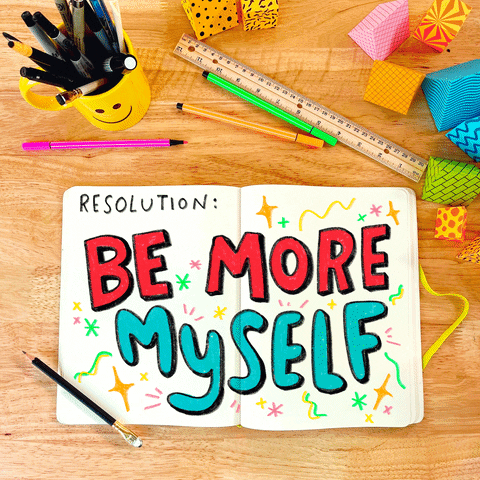New Year’s resolutions are personal goals or commitments that people make for the coming year. Some common resolutions that people make include:
- Lose weight or get in shape
- Quit smoking or drinking
- Save money or reduce debt
- Get a better job or education
- Improve relationships or communication with loved ones
- Volunteer or give back to the community
- Get organized or declutter
- Reduce stress or increase relaxation
- Travel or try new things
- Learn a new skill or hobby
- Reading books
- Writing articles or your thoughts out on paper or tweet.
It’s important to note that these are just some examples of popular resolutions, and different people may have different goals and priorities. It’s also important to remember that making and sticking to resolutions can be difficult, and it may be helpful to break larger goals into smaller, more manageable tasks.

Why it’s hard to stick with new year’s resolutions?
There are a number of reasons why it can be hard to stick with New Year’s resolutions. Some common challenges include:
- Lack of motivation or commitment: It can be difficult to maintain motivation and commitment over time, especially if the resolution is something that requires a lot of effort or sacrifices.
- Unrealistic goals: Setting unrealistic goals can lead to disappointment and discourage people from continuing to work towards their resolutions.
- Lack of a plan: Without a clear plan or strategy, it can be difficult to stay on track and make progress towards a resolution.
- Lack of support: It can be helpful to have support from friends, family, or a support group when working towards a resolution, but this may not always be available.
- Life changes or unexpected challenges: Unexpected events or changes in life circumstances can make it difficult to maintain focus on a resolution.
Overall, sticking with New Year’s resolutions can be challenging because they often require sustained effort and a willingness to make changes to one’s behavior or habits. It may be helpful to start small and gradually build up to larger goals, and to be patient and kind to oneself if progress is slow.

How to stick to it?
The best New Year’s resolutions are ones that are specific, achievable, and meaningful to you. Some examples of common resolutions include exercising more, eating healthier, saving money, or learning a new skill.
To stick with your resolution, it can be helpful to create a plan and set specific goals. For example, if your resolution is to exercise more, you might plan to go to the gym three times a week and set a goal to run a 5K race by the end of the year.
It can also be helpful to track your progress and celebrate your successes along the way. This can give you the motivation to continue working towards your goals.
It’s also important to be realistic and not get discouraged if you don’t see immediate results. Change takes time, so be patient with yourself and keep trying even if you face setbacks.
Finally, it can be helpful to enlist the support of friends and family to help you stay on track and hold yourself accountable. By taking these steps, you can increase your chances of sticking with your New Year’s resolution and achieving your goals.




